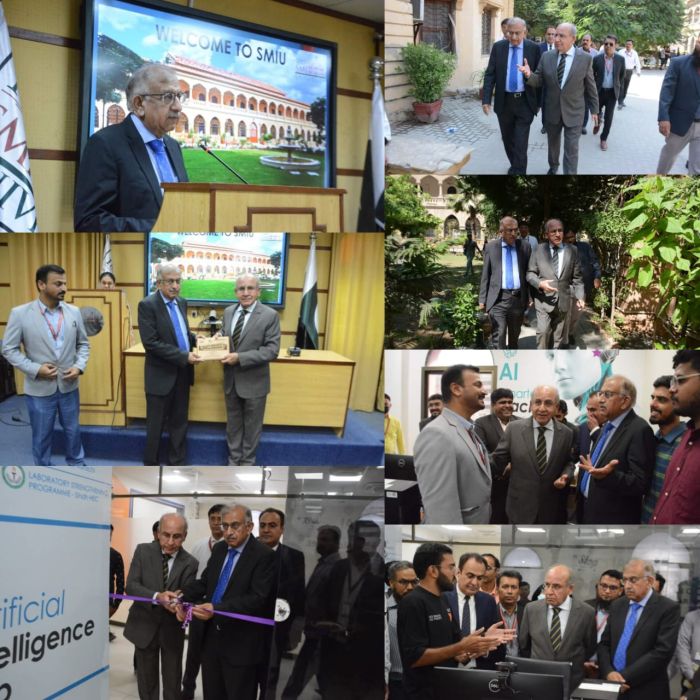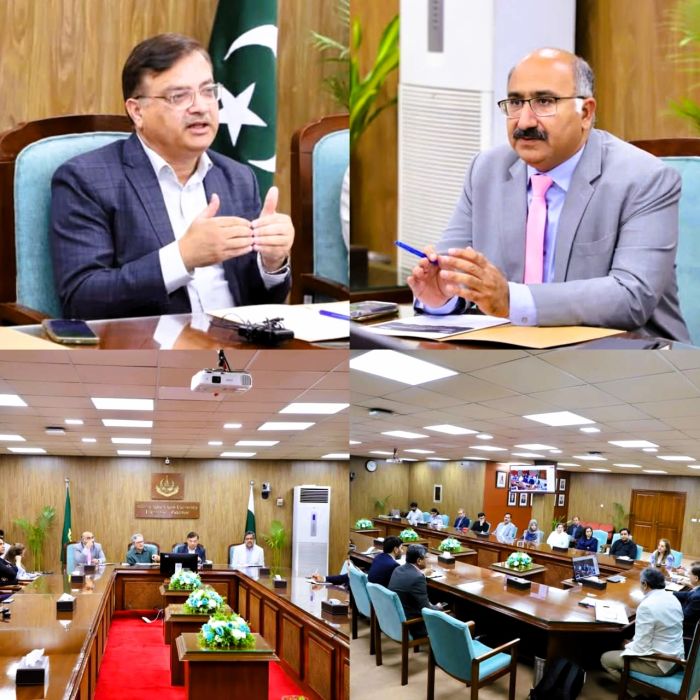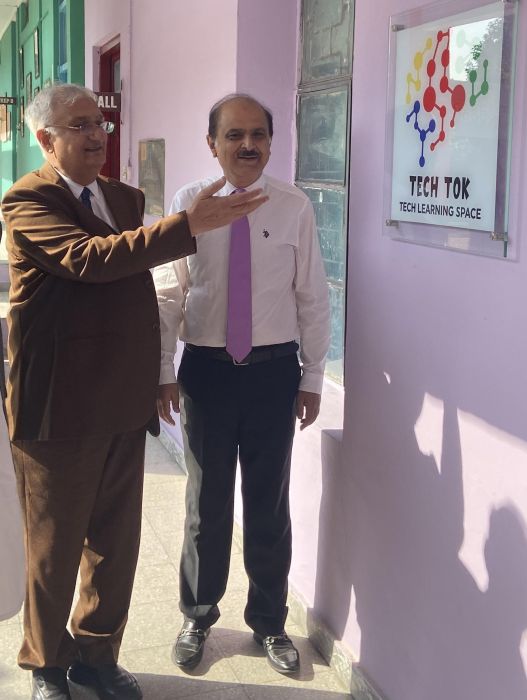Key Findings of Digital Census 2023 Results from Pakistan
Posted 1 year ago
Islamabad
July 18, 2024
Key Findings of Digital Census from Pakistan
- Population Growth: Pakistan's population growth rate is 2.55%, among the highest globally, necessitating urgent attention to population planning programs.
- Education: 36% of children aged 5-16 are out of school, and the literacy rate is 61%. Improving educational access and literacy is critical for national development.
- Urbanization: Effective management of urban centers is necessary to transform them into engines of growth rather than sprawling slums.
- Gender Equality: Increasing female workforce participation from the current 23% is essential for economic growth.
The Pakistan Bureau of Statistics (PBS) has unveiled the detailed report of the Seventh Digital Census of 2023, marking the first digital census in South Asia. This significant milestone, approved unanimously by the Council of Common Interests (CCI), underscores Pakistan's commitment to embracing technological advancements and fostering data-driven governance.
Federal Minister for Planning, Development, and Special Initiatives, Prof. Ahsan Iqbal, lauded this achievement during the release ceremony, emphasizing the unprecedented effort to train approximately 125,000 individuals. This rigorous training ensured the accuracy and efficiency of data collection, a critical foundation for reliable census results.
The groundwork for this digital census commenced in April 2022, requiring a collaborative effort from the PBS, NADRA, the armed forces, and the police. Despite significant logistical challenges, including software development and synchronizing tablet supplies for field data collectors, the project was executed flawlessly. SUPARCO facilitated the integration of geo-tagging and satellite imaging, further enhancing the transparency and reliability of the data verification process.
The Seventh Census provides crucial data for national planning and development and sets a benchmark for future technological initiatives in the region.
Several critical challenges faced during the census were:
Training and Deployment: Training 125,000 individuals to use digital tools and tablets was a significant hurdle, but it was successfully overcome within a short period.
Software Development: The collaboration between PBS and NADRA was crucial in developing the necessary software under immense pressure.
Field Work and Security: Ensuring the safety and availability of field personnel, primarily teachers provided by provincial governments, was managed with the cooperation of the armed forces and police.
Technological Integration: Utilizing technology for data accuracy, including geo-tagging and satellite imagery, ensured transparent and reliable data collection.
Prof. Iqbal also emphasized the importance of census data for national planning and development. Accurate data is essential for effective resource allocation, infrastructure development, disaster management, and social sector improvements such as education and health.
The Seventh Census of 2023 sets a new standard for data collection in Pakistan, providing a comprehensive foundation for informed decision-making and strategic planning for the country's future. This digital leap forward is a statistical exercise and a vital step towards a more technologically adept and data-savvy Pakistan.





